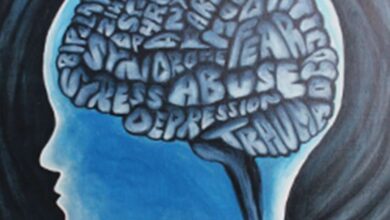The Role of ethics in Education

Ethics play an integral role in education. It is essential to integrate ethical principles into the curriculum to foster moral development in students. This article explores the significance of ethics in education and the impact it has on students, teachers, and society as a whole.
Introduction
Ethics are a set of principles and values that determine the right and wrong behavior of individuals. In education, ethics refers to the moral standards and values that govern the behavior of teachers and students. The role of ethics in education is crucial as it helps to create a culture of integrity and accountability among students and teachers.
The Significance of Ethics in Education
Fostering Moral Development
Ethics education helps to promote moral development in students. Through ethical education, students learn about the importance of honesty, integrity, and responsibility. They also learn how to make ethical decisions and evaluate ethical issues. This helps to create responsible citizens who are capable of making informed decisions in their personal and professional lives.
Creating a Positive Learning Environment
Ethics education plays a significant role in creating a positive learning environment. Students who are taught ethical principles are more likely to behave in a respectful and responsible manner. This creates a safe and welcoming learning environment where all students can thrive.
Enhancing Teacher-Student Relationships
Ethics education also helps to enhance teacher-student relationships. When teachers model ethical behavior and teach ethical principles, students are more likely to respect and trust them. This creates a positive relationship between teachers and students, which is essential for effective teaching and learning.
The Impact of Ethics on Education
Personal Impact
Ethics education has a significant impact on students’ personal lives. Students who are taught ethical principles are more likely to make responsible decisions and act with integrity in their personal lives. This helps them to build strong relationships and develop a positive self-image.
Professional Impact
Ethics education also has a significant impact on students’ professional lives. Students who are taught ethical principles are more likely to act with integrity in their careers. This helps to create a culture of professionalism and accountability in the workplace.
Social Impact
Ethics education also has a significant impact on society as a whole. When students are taught ethical principles, they are more likely to become responsible and engaged citizens. This helps to create a society that is based on integrity, respect, and accountability.
The Role of Teachers in Ethics Education
Teachers play a critical role in ethics education. They are responsible for modeling ethical behavior and teaching ethical principles to students. This requires teachers to have a deep understanding of ethical principles and to be committed to promoting ethical behavior in their students.



